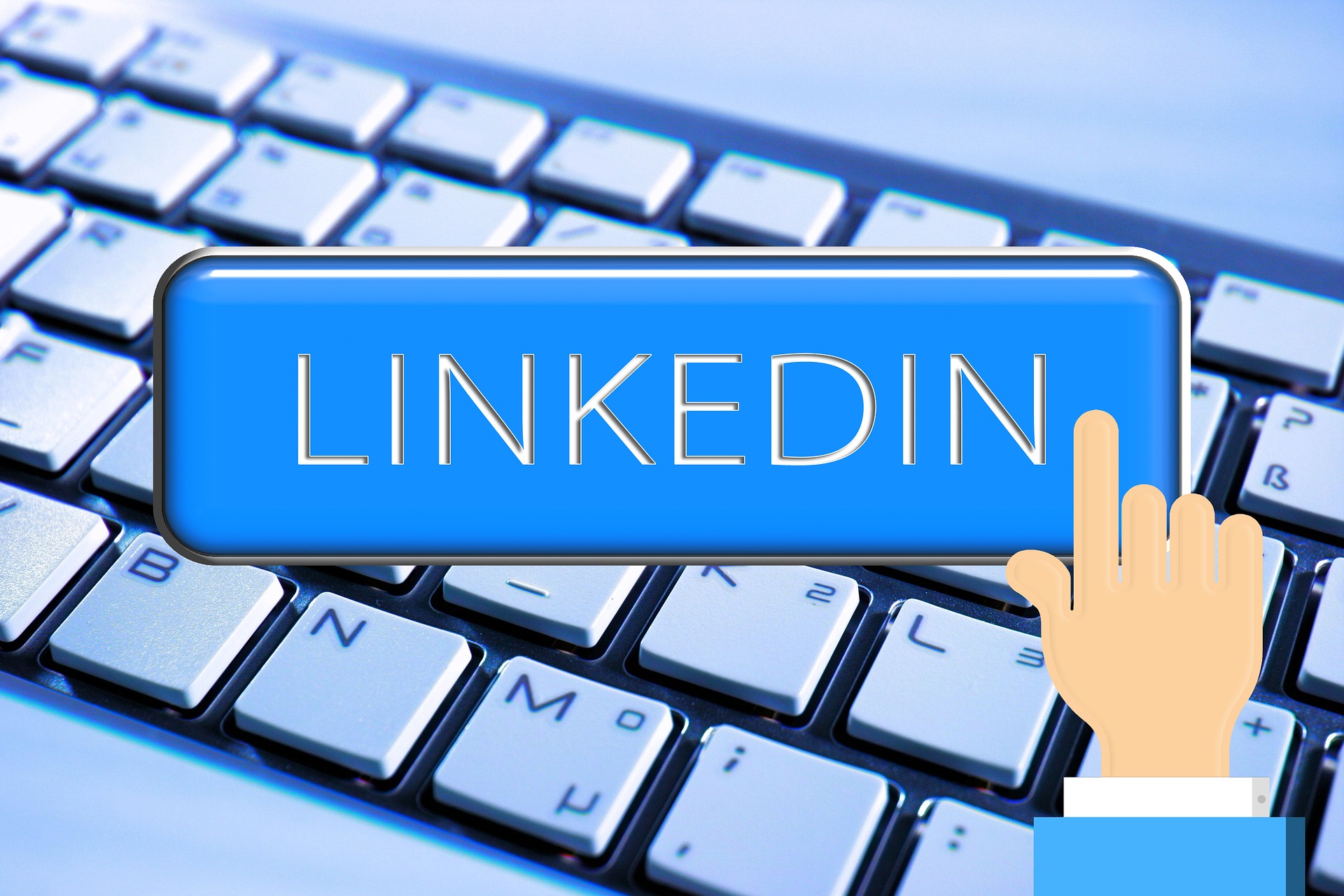LinkedIn Open Networkers – Should You Connect with Them?

LinkedIn has a lot of extremely helpful features and it has some that may not be advantageous to your business. One of those is the LinkedIn Open Networker (LION) feature. You may have seen that on the LinkedIn website and you may have asked yourself if connecting with open networkers is a good thing or a bad thing and whether you, yourself, should become an open networker.
Quality versus quantity
There has been a debate going on for years regarding quality versus quantity. In other words, do you accept anyone who comes along and requests that you do or do you consider the person and his or her business carefully and weigh the pros and cons regarding whether that particular person is worth starting a relationship with and doing business with? Sometimes the answer will be yes and sometimes it will be no.
You may have over 500 connections on LinkedIn but you may only know one-tenth of that number in actuality. In that case, what is the point of being connected to the other 90%? What do you get out of those relationships (if you can call them that)? If the answer is very little or nothing, you may want to consider backing out of those relationships. If you don’t have any real connection to those people, there is no way that you will be offending them so you don’t have to be concerned about that. You can apply the same concept if you are considering becoming an open networker.
If you can’t find the value in the relationship (for whatever reason), it probably is not worth maintaining. Open networkers are not picky about who they accept and who they pursue. However, being selective about who you accept as an online connection definitely has its advantages.
The possible LinkedIn connections
When it comes to people who interact using LinkedIn, there are different types. One of the types is the open networker (which has just been discussed). Open networkers are not picky about who they invite to connect with them. As long as the person is breathing and works, he or she is fair game for the open networker.
The second type of networker is the person who takes a while to invite (or accept an invitation) because he or she is carefully considering whether if the person is a worthwhile connection. That one may take a while. You may find it helpful to create a script for those situations in which you are not certain about why the other person wishes to connect with you. If it isn’t immediately apparent, give him or her the script. The script should thank the person for inviting you to connect and politely ask the person how he or she feels that you can work together (on any level). That connection may be to form a strategic partnership or any other number of legitimate reasons.
The reactions that you will probably get from people to whom you send the script will be one of a few. Some people will explain why they want to connect with you. Some people will ignore you entirely and just drop the matter. Some people will be offended by the fact that you asked them why they think that the two of you should connect instead of simply accepting the invitation blindly. The third type of networker is somewhere in the middle of the other two types.
[tweetthis]An effective, successful LinkedIn networker must be flexible about the networking approach.[/tweetthis]Why you need to grow your social circles
Initially building your online social circles on LinkedIn is a great thing to do for your business. However, just as is the case with your content, your circles should not be allowed to stagnate. You need to continue to build your social circles so that they are working for you at a consistently high level. The fact is that LinkedIn is an extremely effective social media network for business. If fact, it outshines every other channel by far.
When it comes to your ability to search for other people and businesses, it is highly effective and if someone is searching for what you are selling, you want to be the one who comes out on the top of the search results. If that doesn’t happen, you will have let the opportunity pass you by and that is a real shame. LinkedIn drives the search feature with your connections (1st, 2nd, and 3rd tier). If a person is only a distant connection to you on LinkedIn, you won’t be able to find each other. On the positive side, that also gives you some protection from people with whom you don’t wish to connect. In other words, not everyone on LinkedIn has access to you. You get to choose who you want to connect with.
Online deception
According to the rules of LinkedIn, a person is not supposed to advertise that he or she is an open networker. In fact, if you do that, you are putting yourself at risk of getting kicked out of LinkedIn entirely. You certainly do not want to ruin your reputation by doing that. In fact, if you advertise it anywhere, you may be adding a negative association to your reputation.
In addition to what has already been discussed here, just as with other social media channels, LinkedIn attracts its share of spammers and other people who are not trying to interact for the right reasons. LinkedIn is pretty good about paying attention to those who violate the rules and try to take advantage of other people but some people invariably fall through the cracks and get to you.
Getting the right people to accept you
So, you have figured out who you legitimately want to connect with and you have sent your connection request. Now, the question is, how do you get that person to accept your invitation? Well, nothing is 100% guaranteed but there are some things that you can do which may increase the likelihood of people accepting your invitation.
-
Don’t mention being an open networker: If you don’t mention that you are an open networker, the other person will assume that you always choose quality over quantity. In fact, don’t put it anywhere in your LinkedIn profile.
-
Make it personal: Whenever you send an invitation request, make sure that it has been customized. Not only should you customize the beginning but a part of the invitation should be a statement about why you feel that connecting with that person will be mutually beneficial.
Conclusion
The concept of an open networker may seem like a good thing; however, if you think about what it implies, an open networker probably doesn’t have the value that you need for your business. It may also tarnish your reputation if you are a known open networker and if you associate with other open networkers. It is important for you to keep in mind that you don’t have a responsibility to accept every LinkedIn invitation that you receive. You should only accept those invitations that are deemed valuable to your business. Interestingly, LinkedIn’s position is also that you only accept invitations to connect with people you know.
We are pleased to provide you with the insightful comments contained herein. For a complimentary assessment of your online presence, let’s have coffee.

|



